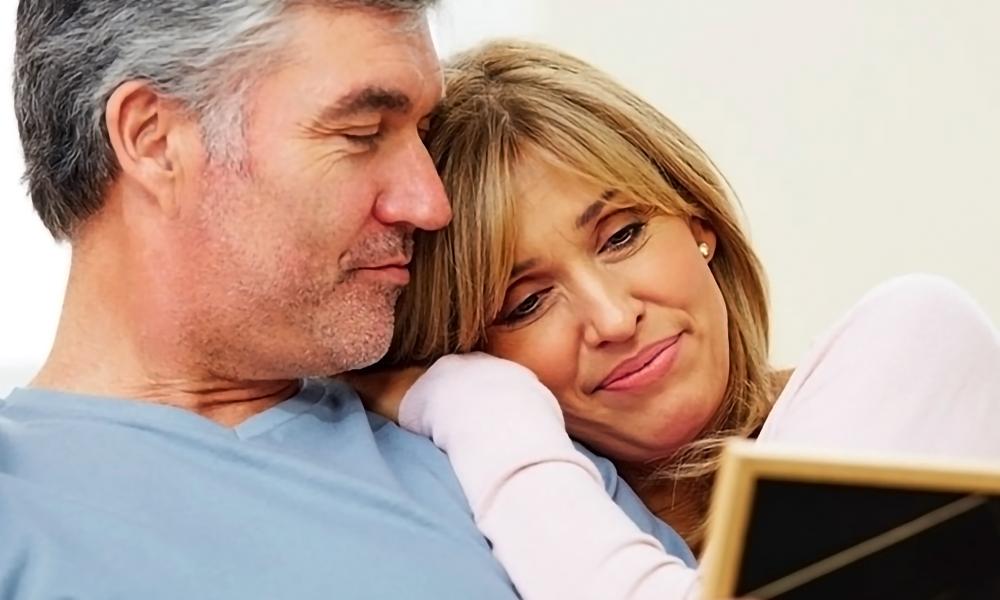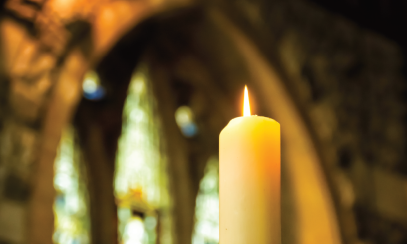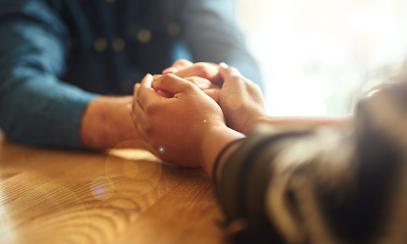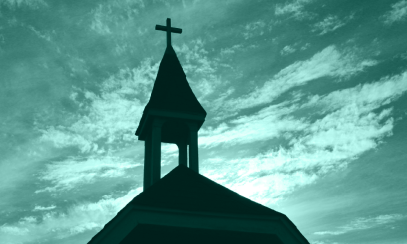
Did we do the wrong thing by cremating my dad?
Thanks for asking this – I have had a lot of people ask about this so I am going to do my best to walk us through what was written and explain some of the “whys” of it all.
Before I begin (and it’s really important that you read this paragraph), please note that anyone who, in innocence and with good intentions, has approached the burial of a loved one differently than what our Church is teaching need not fear: God is merciful. With very few and very rare exceptions, we are not held responsible for what we don’t know. Our job as Catholics is to grow in knowledge and love of our faith and, by the time you are finished with this article, I’m hopeful you’ll know what you are supposed to do and how to do it. Anything in the past that you have done differently, you need to let go of and not fear.
With that in mind, what do we have here in this latest letter from the Vatican?
What we have is a clarification from the Congregation for the Doctrine of the Faith called Ad resurgendum cum Christo, meaning “To rise with Christ.” It’s a sort of teaching tool to show us what we are to do regarding those who have died and are cremated. It’s a very short document and quite easy to read. Please do not read summaries of it from secular websites or Catholic websites with agendas beyond Jesus: you can pop right over to the Vatican website or the USCCB’s and read the whole thing. I’m not going to summarize; I’ll just hit the points that seem to need the most clarification/explanation.
First, the Church instructs us to be sure that, if we choose cremation, we do so for the right reasons. The human body is sacred, it’s not a shell, it’s not a prison. As we state in the Apostle’s Creed: we believe in the resurrection of the body. If we are choosing cremation because of reasons of cost or for sanitary purposes, that is acceptable. If we are choosing cremation because we do not value the human body, then that is not acceptable. Second, regarding what to do with the cremains of the deceased person, the Church reminds us that we bury the dead. She expresses her reasoning for insisting on burying the cremains in a very simple, straightforward manner
“The Church who, as Mother, has accompanied the Christian during his earthly pilgrimage, offers to the Father in Christ, the child of her grace. She commits to the earth, in hope, the seed of the body that will rise in glory.”
The document goes on to point out that burying the dead shows our great regard for the dignity of the human body: we treat dignified objects with great dignity.
So, we have established so far the wishes of Holy Mother Church that we cremate for the right reasons and that we bury the cremains. The next point, logically, is where do we bury the dead? The answer to that question is simple: we bury cremains in sacred places.
There are many goods that are accomplished when we bury the dead in sacred places. This document offers us a few of them.
Chief among these reasons is that the dead belong in sacred places so that they will be remembered by the community and prayed for. It is a key part of our faith that, through Jesus, we are connected to the dead and we foster that connection through our prayer and remembrance of them. Check out this amazing line:
“[Burying the dead] in Sacred Places prevents the faithful departed from being forgotten, or the remains from being shown a lack of respect, which eventuality is possible, most especially once the immediately subsequent generation has too passed away” (emphasis mine).
As a priest, I have witnessed firsthand some of the problems that come when construction workers or farmers find the cremains of a person in a spot that was probably marked many years ago, but no longer is. In most of those situations, the remains have been unintentionally mistreated. The Church wants to keep us from that and therefore requires us to bury the remains of our beloved in sacred spaces. Finally, as Catholics, we are not permitted to scatter the ashes of the faithful in the land, air or sea and we are not to divide the cremains among family members or friends. This practice has too many connections to non-Christians practices and is not a respectful way to deal with the deceased. So, there it is. A brief reminder from our Holy Father that, as Catholics, we want our beliefs to shine forth in the way we treat the deceased. We want to be sure that all we say and do is reflective of our conviction that the human body is sacred and destined for eternal glory. May God bless our efforts to be faithful in ensuring the care of our deceased family and friends, both now and in future generations. Enjoy another day in God’s presence!



